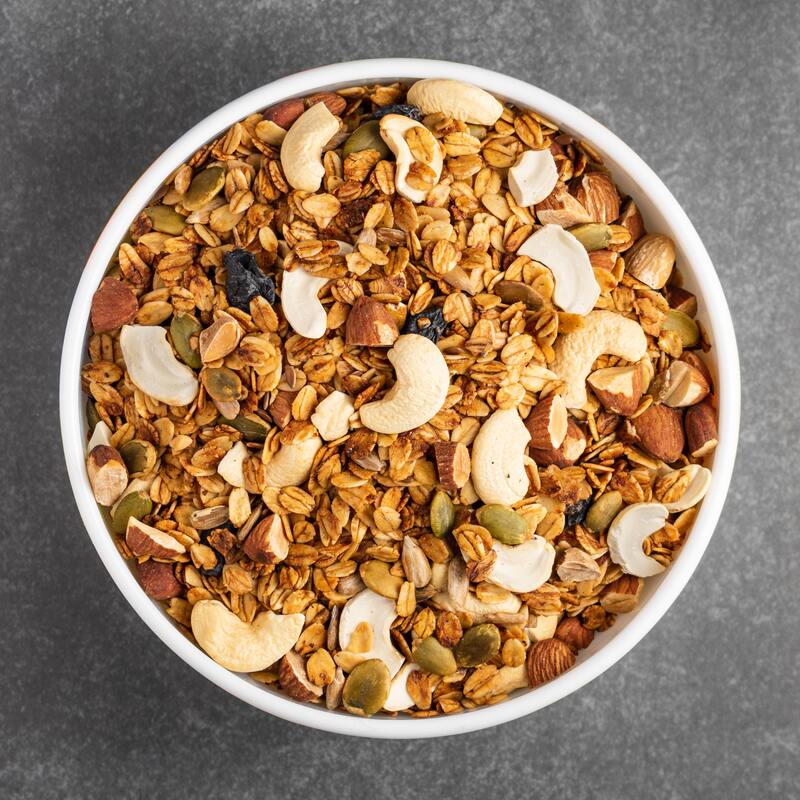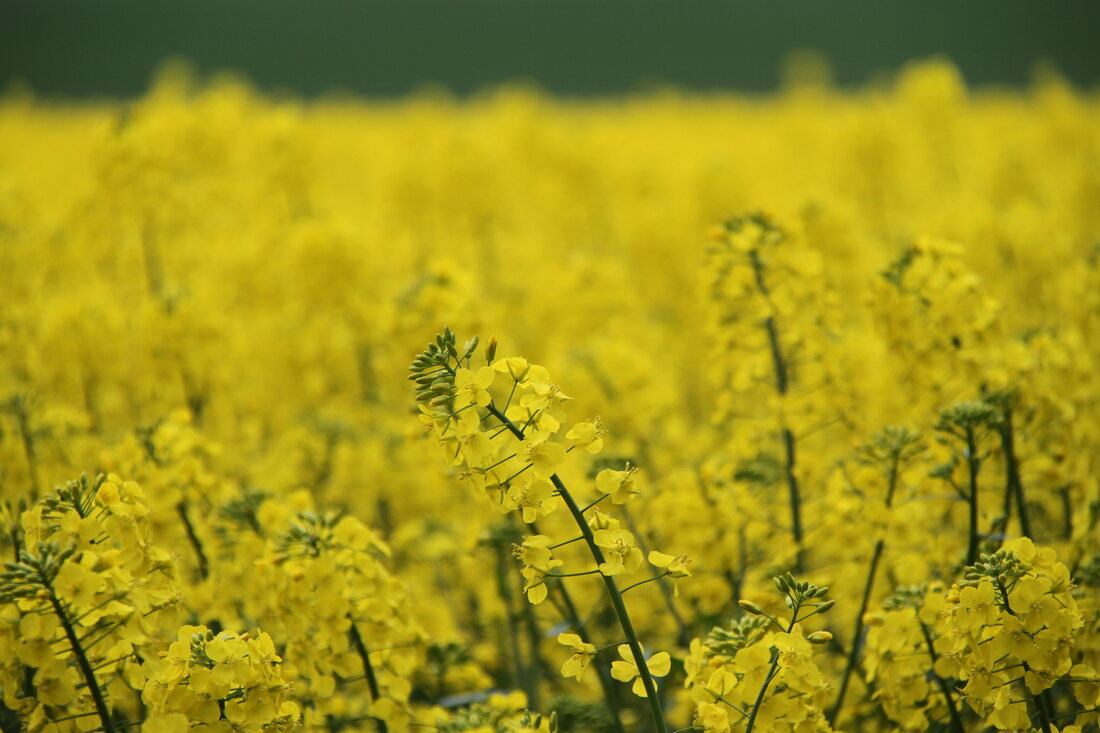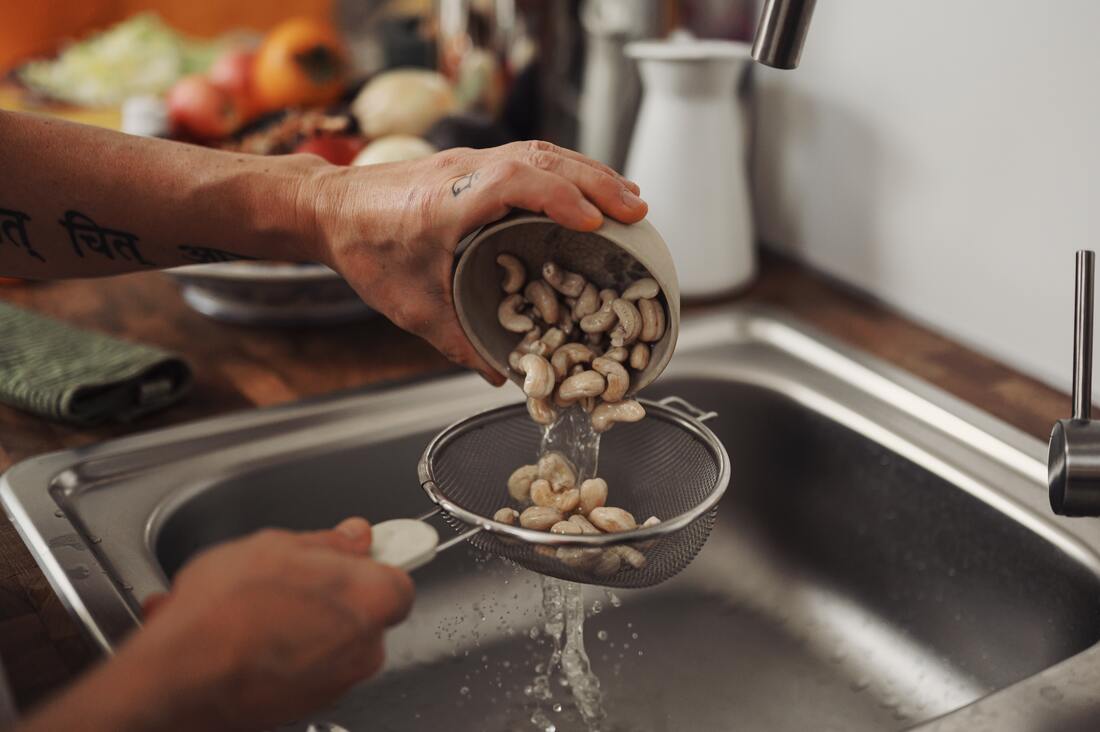"Soasted Nuts = Soaked + Toasted "Is nothing is sacred anymore? Sometimes it feels this way when it comes to food: one day your swapping out your jerky for raw nuts and raisins because your on a health kick only to find out that dried fruit is high histamine and raw nuts damage your gut. Or maybe you switched out your morning bacon and eggs for oatmeal to learn that anti-nutrients in the oats are causing that bloating and brain fog you started experiencing. But you are just trying to be healthy? Why has everything gotten so complicated? Well we are here to decode some health food conundrums and provide tools to help you eat your way to your best life! Here's the Truth1. Our agricultural systems are colluded with chemicals 2. Our modern food processing techniques render once nutritious foods potentially deleterious to health. 1. Our modern food supply chain is messed up. We are fortunate that most of us have access food in the US, but that doesn't negate the fact that our agricultural systems are tainted with chemicals disturbing our body's natural function. It's not coincidence that the rate of autoimmunity has sky-rocketed in recent years, perfectly paralleling our unparalleled us of dangerous herbicides in agricultural production. Take the highly contentious weed-killer, glyphosate. The US sprays more of this stuff than any other country at over 1.8 million tons every year. Glyphosate, or Roundup, is present in 90% of foods tested by the government (this includes honey!). Once in the body, glyphosate mimics glycine - a foundational amino acid our immune system uses to keep us healthy. Learn more about the crops most heavily sprayed with glyphosate here. 2. Modern industrial food processing techniques are not helping. Canned beans, cereals, and oily roast nuts may be convenient but they are not doing us any favors. These processes may mimic the way our ancestors prepared food, but they simply aren't the same and could be an underlying cause to your health concerns. Take a bouillon cube. In one MSG & sodium soaked golden cube, we have replaced the art of creating broth. Real broth made with bones and veggie slowly simmered for long periods of time, is one of the most universally nutritious foods humans have ever created - a far cry from what's in most store-bought soups today. In today's world, the classic sick food- a can of Campbell's chicken noodle soup - is probably doing more damage than good for someone trying to get well. Just look at the ingredients: Wheat (glyphosate), Eggs, Niacin, Ferrous Sulfate, Thiamine Mononitrate, Riboflavin, Folic Acid, Chicken Meat, Contains Less Than 2% Of: Salt, Chicken Fat, Water, Monosodium Glutamate (MSG, glyphosate), Cornstarch (glyphosate), Modified Food Starch (basically MSG), Dehydrated Chicken Broth, Cane Sugar (why?) The same goes for "heart healthy" nuts. Most nuts sold in the store these days are roasted at high heat in nasty rancid vegetable oil - a far cry from something that is heart healthy. Raw nuts are a step better but our ancestors weren't eating raw nuts by the handful like advertisements would tell us is a good idea, no matter who you are. What is a Nut?Nuts is a blanket term for a TON of different nuts, seeds, beans, and pseudo nuts that we clump together as one food category when in fact, they are all quite botanically unique. For example, certain brands will put cashews, almonds, and peanuts together and call it a "nut mix" when these 3 foods represent incredibly diverse plants- one is a tree, one is a bean, and one is an exterior seed (check out Cashew apples- pretty crazy!). This means that some "nuts" might work fine with you, but others might be very irritating. Many people have allergies or sensitivities to some "nuts" but not others (which is a dangerous situation when you buy these "nut mixes"). Many nuts are also high FODMAP which means it can cause digestive distress in some individuals. "Nuts" contain a TON of potential energy. Remember, a little walnut was meant to become a massive walnut tree one day. Plus "nuts" have been pegged as the ultimate health food, making people much more likely to over-indulge in handfuls of these potent tree droppings because they are "healthy". This has a doubly deleterious effect: excessiveness in any form or fashion is the antithesis to health AND you are consuming a ton of potential energy that will eventually wreck havoc on your metabolism and digestive system. Neither is ideal. Sometimes the roasted nuts are "dry roasted", meaning no extra oils have been added. However, they are often roasted at exceptionally high heats that damage their delicate fats & denature proteins. More often than not, these nuts are roasted in one of the following oils : soybean, cottonseed, canola, rapeseed, or sunflower. While these oils are called "vegetable oils" to entice us into thinking they are healthy, they are major inflammatory agents in the modern diet... and they are EVERYWHERE! These oils are often rancid and degraded. The compounds in veggie oils, naturally protected by the seed/nut's outer coat, are incredibly sensitive to light and heat (for a gruesome analogy, think of how sensitive we would be to the light if we scrubbed away our protective skin- ouch!). The modern processes that produce these oils strip the seed (often using caustic solvents) and expose it to light & heat - the very things that destroy their fragile compounds and fats. Not only do these oils rancidify quickly, but they are often stored in clear plastic bottles exposed to heat during storage and transportation, and we all know that hot plastic means leaching of plastic-y stuff into the oil. No thanks! They are exceptionally high in inflammatory Omega 6s. While Omega 6s are an essential fatty acid that serve an important role, they are highly inflammatory when out of balance with Omega 3s. Since every processed food has some form of these veggie oils, we are operating at a major imbalance. Consider this: We function best with an Omega 3:6 ratio of 1:1. The Average American is working with an inflammatory ratio of 1:20!!! Store-bought nuts typically come in two categories = raw or roasted.Raw nuts don't have the dangers of being roasted in rancid oils, but they do contain naturally occurring anti-nutrients. Anti-nutrients represent a variety of phytochemicals that plants produce to protect themselves from predation and degradation. Historically, our ancestors used gentle means to dissolve these anti-nutrients, like soaking and slow roasting (aka, SOASTING) their nuts for optimal nutrition and ease of digestion. Take phytic acid. This form of bound-phosphorous serves to protect seeds from damage and oxidation until germination. When we eat high amounts of phytic acid, however, it binds to minerals our gut causing irritation and potential nutrient deficiencies. Some nut-loving animals create an enzyme, phytase, to break phytic acid, but no so much humans. Enzyme inhibitors are another class of anti-nutrients found in nuts and seeds. While they keep the nut/seed from sprouting too soon, they also bind to key minerals in the gut. For these reasons, nuts and seeds also elicit an immune response - which is why they are avoided in the AIP diet and why so many folks have allergies (hyper-active immune response) to them. The Benefits of Soasting Nuts & Seeds-De-activation of anti-nutrients -Less digestive discomfort & potential inflammatory response -Better availability and assimilation of key nutrients Soaking nuts and seeds in a salt water solution and roasting at a low heat neutralizes anti-nutrients while keeping the beneficial fats and proteins safe and intact. Soasting nuts also increases the bioavailability of important minerals like B-vitamins while activating enzymes for better absorption. Soasting nuts is a simple, easy process but it's not quick - which is why it's been left out of the industrial food model. This is the way we soast our nuts!Soasting really couldn't be simpler. It's a combination of soaking your ideal nut or seed for at least 7 hours in sea salt water (although 12-24 is ideal for most hard nuts), rinsing, and toasting on a very low heat for many hours. While dehydrating or toasting below 150 preserves 100% of the delightful nutrients and fats inside, we've found that cranking the oven up to 200 the last 5 or 10 minutes adds a to-die-for crispness that is just worth it to us. Like all things health related, just do your best. Soasted nuts at 200 F is loads better than store-bought roast nuts. Sometimes we go the extra mile with pre-toasting additions, like a few blobs of coconut oil, olive oil, or ghee, more sea salt and freshly ground black pepper or for a sweeter touch - a bit of maple syrup drizzled along with turmeric and cinnamon. *Technically you are supposed to roast below 150 F for optimal nutrition, but many folks don't have this setting on their oven and/or they don't have a dehydrator. We are in the camp of just doing your best - soasting at 200 F is wayyyy better than not soasting at all. For our complete guide to soaking nuts and grains - visit this link. For more info on soaking and cooking grains, check out this article.
Christy D.
7/10/2019 08:29:47 am
This is so helpful and I can't wait to try this. YUM!! Comments are closed.
|
Eileen Brantley & Amy WrightWe are Herb Girls Athens, LLC. Read our blog! Archives
November 2022
Categories
All
|





 RSS Feed
RSS Feed
